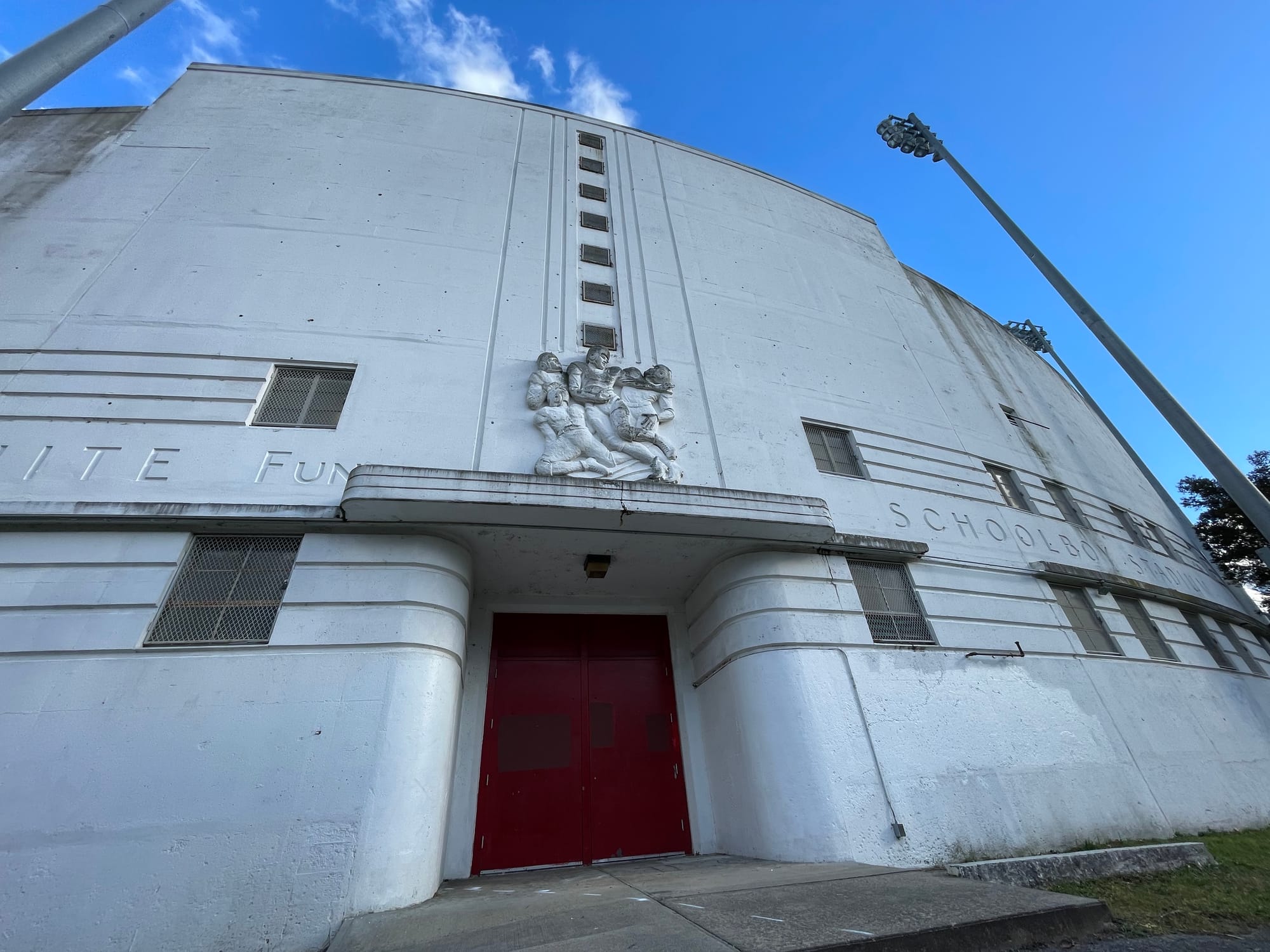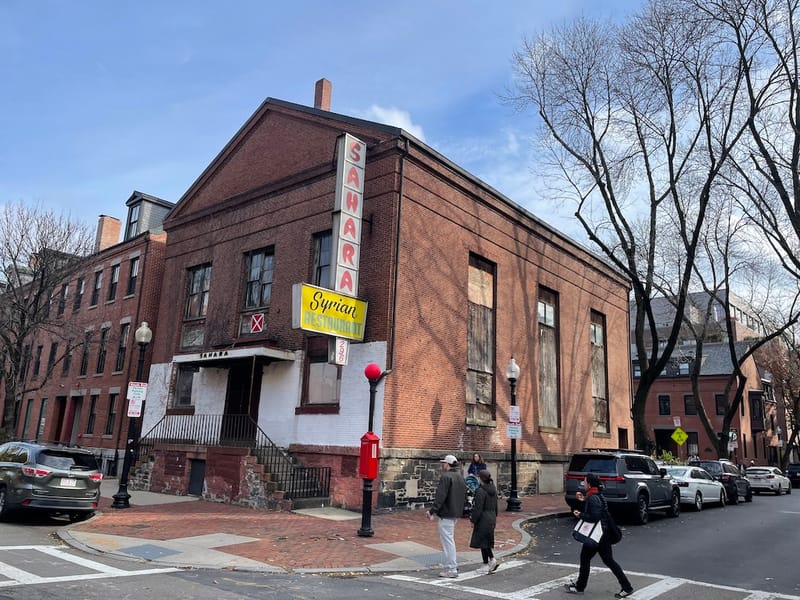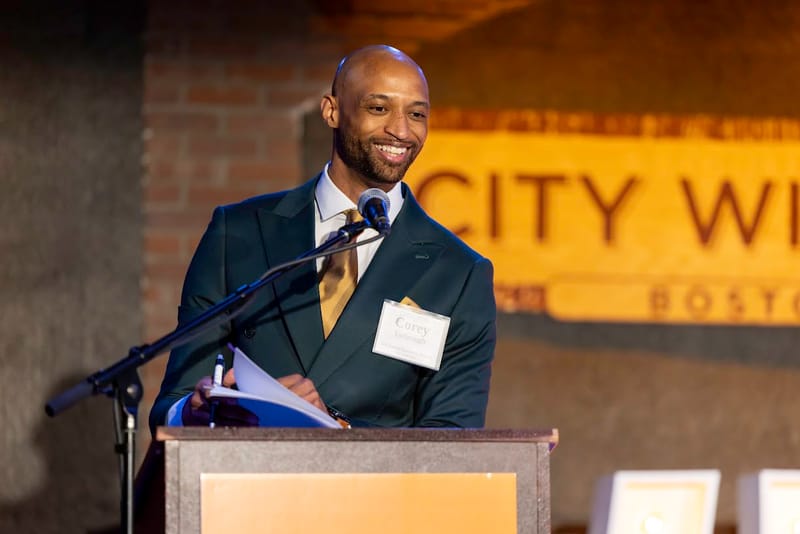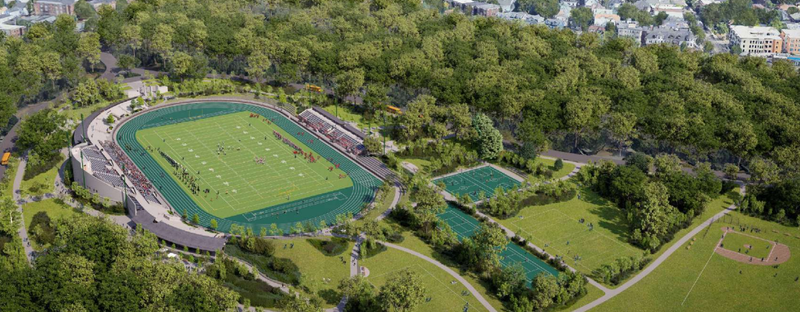White Stadium plaintiffs appeal ruling
Friday the plaintiffs in a lawsuit against the planned leasing of White Stadium to a soccer team filed an appeal, arguing that the redevelopment of the stadium is within constitutionally-protected parkland and, therefore, must be subject to state review.
Last month, a Suffolk Superior Court judge ruled that the City of Boston and Boston Unity Soccer Partners could move forward with their planned $200 million redevelopment of George Robert White Schoolboy Stadium in Franklin Park, transforming the 70-year-old facility into a stadium that will host 20 professional Women’s soccer games a year.
Friday the plaintiffs in the lawsuit against the city and BUSP, Franklin Park Defenders, filed an appeal of the ruling, arguing that the redevelopment of the stadium is within constitutionally-protected parkland and, therefore, must be subject to state review. During the trial, attorneys for the city and BUSP argued that the stadium itself belongs to the Boston Public Schools and is not parkland.
But in their appeal, Franklin Park Defenders say the city and BUSP’s plans call for alterations to the surrounding parkland, which should trigger a review.
“This proposal for Franklin Park is the biggest change to public land in Boston and the Emerald Necklace in at least half a century, and it hasn’t received the thorough legal vetting the public deserves,” said Karen Mauney_Brodek, president of the Emerald Necklace Conservancy in a statement. “We are optimistic that the courts will ultimately uphold the fundamental constitutional protections that all public recreation land in Massachusetts depends on, and protect Franklin Park and a public stadium for generations to come.”
A spokesperson for the city expressed disappointment in the Franklin Park Defenders’ appeal.
“The ENC has had their day in court before two respected judges of the Massachusetts Superior Court and lost,” the spokesperson said in a statement. “Given the expense to Boston taxpayers of continuing to defend against ENC’s already rejected claims, the city will carefully consider the future of its relationship with ENC to better protect residents and our parks.”
A flawed process?
The city’s plan to redevelop White Stadium sparked controversy from the start. Coming on the heels of the 2022 Franklin Park Action Plan, which involved a years-long community planning process, the administration of Mayor Michelle Wu released a request for proposals for the redevelopment of the stadium with minimal community input. Yet city officials had met with the investors behind Boston Unity Soccer Partners after the group reached out to the Wu administration in September of 2022, according to a report in the Boston Herald.
When the city released the RFP in 2023, BUSP submitted the only bid for the project.
The Emerald Necklace Conservancy and the abutters in the lawsuit say the city’s move to lease the western grandstand to the soccer team and allow 20 games a year amounts to privatization of public space. In their appeal, they’re focusing narrowly on the state’s Article 90 process, which requires a state review process when public parkland is being re-purposed for private use.
While Suffolk Superior Court Justice Matthew Nestor ruled in favor of the city and BUSP in his April decision and affirmed that the stadium is BPS property, attorneys for Franklin Park Defenders argue he did not rule on whether the city and BUSP’s project’s construction of new roadways, utility trenches and other disturbances to public parkland surrounding the stadium should trigger a state review.
Attorneys for Franklin Park Defenders are also arguing that the city and BUSP’s plan to allow the sale of alcohol on BPS property — a school facility — is in violation of state law and that leasing of the stadium to a for-profit entity violates the terms of the George Robert White Trust fund, which funded the construction of the stadium in 1949.
“The future of Franklin Park will include a stadium,” said Renee Stacey Welch, an abutter and plaintiff in the case in a statement. “That’s clear, and BPS student-athletes deserve nothing less. We simply believe it should be a fully-public stadium built exclusively around the needs of BPS student-athletes and park users, not a for-profit commercial enterprise that will dominate Franklin Park and displace local residents from the park on dozens of game and event days during the warmest months of the year.”







